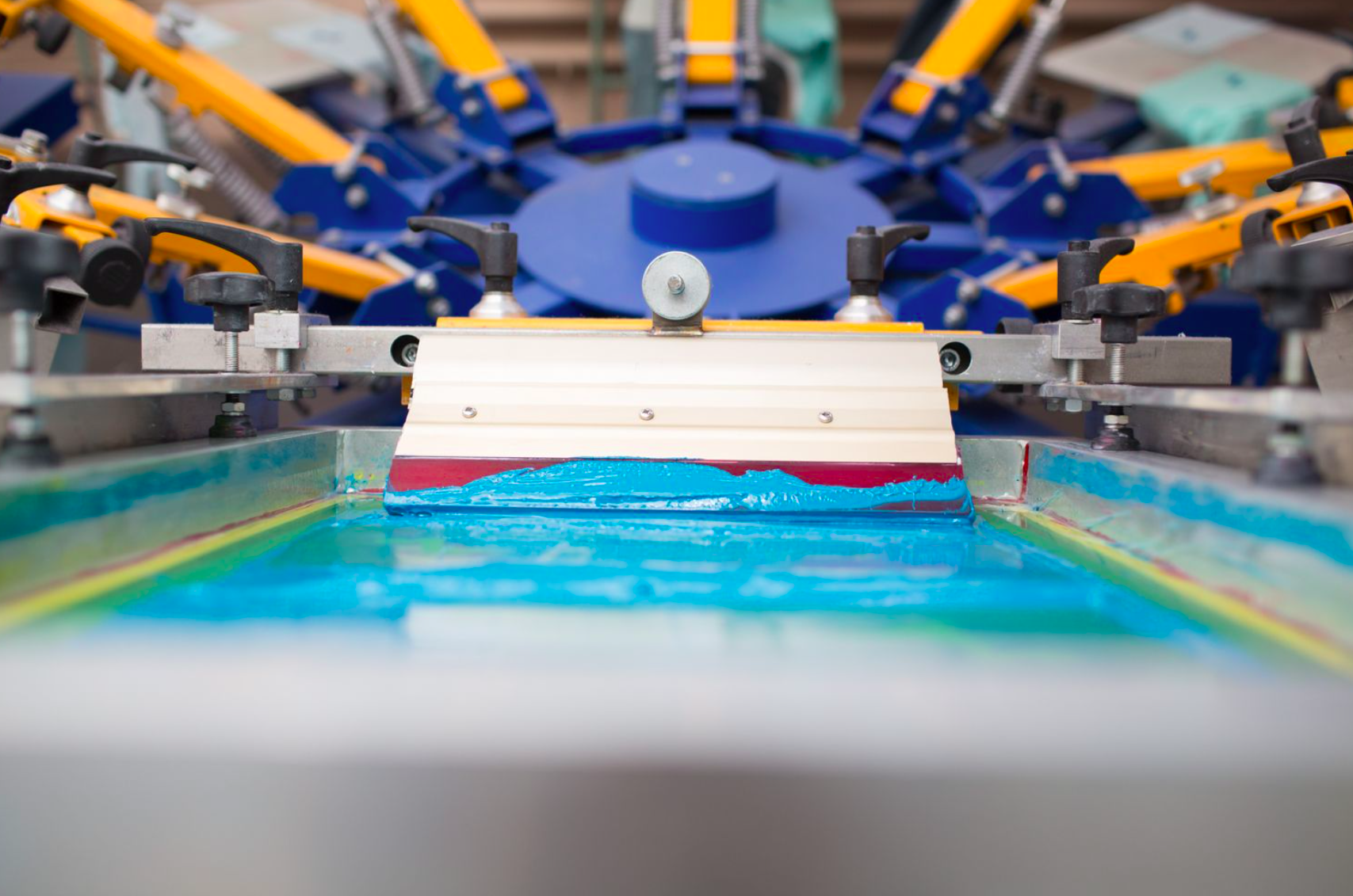
AI in Manufacturing: Automation and Quality Control
The manufacturing industry is undergoing a significant transformation, driven by advancements in technology and the integration of artificial intelligence (AI). From streamlining production processes to ensuring the highest standards of quality, AI is revolutionizing the way manufacturers operate. In this blog post, we will explore how AI is being utilized in manufacturing, focusing on automation and quality control, and provide actionable insights for industry professionals.
The Role of AI in Manufacturing
Artificial intelligence in manufacturing refers to the application of machines, algorithms, and software that can mimic human intelligence. AI can analyze, learn, and make decisions based on vast amounts of data, leading to improved efficiency and productivity in manufacturing settings.
Automation: Redefining Manufacturing Processes
One of the most significant impacts of AI in manufacturing is in automation. Automation involves the use of technology to perform tasks without human intervention. Here are some key areas where AI-driven automation is making a difference:
1. Predictive Maintenance
AI-powered predictive maintenance uses machine learning algorithms to predict when equipment is likely to fail. By analyzing historical data and real-time sensor information, AI can identify patterns and anomalies that indicate potential issues. This allows manufacturers to schedule maintenance proactively, reducing downtime and extending the lifespan of machinery.
2. Robotic Process Automation (RPA)
Robotic process automation involves using AI-driven robots to automate repetitive and mundane tasks. In manufacturing, RPA can be used for tasks such as assembly, packaging, and material handling. These robots work tirelessly, ensuring consistency and precision in production processes.
3. Supply Chain Optimization
AI can optimize supply chain operations by analyzing data related to demand, inventory levels, and production schedules. This enables manufacturers to make data-driven decisions, reduce excess inventory, and minimize lead times. According to a report by McKinsey, AI-driven supply chain management can reduce forecasting errors by up to 50%.
Quality Control: Ensuring Excellence
Ensuring the highest quality standards is crucial for manufacturers. AI is playing a vital role in enhancing quality control processes through various techniques:
Computer Vision for Inspection
Computer vision technology, powered by AI, is used to inspect products for defects and inconsistencies. High-resolution cameras capture images of products, and AI algorithms analyze these images to detect any deviations from the desired quality standards. This technology can identify defects that are often missed by human inspectors, ensuring that only top-quality products reach the market.
Real-Time Monitoring and Analytics
AI enables real-time monitoring of production processes through the use of sensors and data analytics. By continuously collecting and analyzing data on factors such as temperature, pressure, and humidity, AI can detect anomalies and deviations from optimal conditions. This allows manufacturers to take immediate corrective actions, preventing defects and ensuring consistent product quality.
Case Studies: AI in Action
Several leading manufacturers have successfully implemented AI-driven automation and quality control solutions. Here are a couple of examples:
1. Siemens
Siemens, a global leader in electronics and electrical engineering, has integrated AI into its manufacturing processes. The company’s AI-powered predictive maintenance system has resulted in a 20% reduction in unplanned downtime and a 15% increase in equipment lifespan.
2. BMW
BMW, a renowned automobile manufacturer, uses AI-based computer vision technology for quality inspection. The system has significantly improved the detection of defects, reducing the number of faulty parts that reach the assembly line by 30%.
Actionable Tips for Implementing AI in Manufacturing
If you are considering implementing AI in your manufacturing processes, here are some actionable tips to get started:
1. Identify Key Areas for Improvement
Begin by identifying specific areas in your manufacturing process that can benefit from AI. Whether it’s predictive maintenance, quality control, or supply chain optimization, having a clear focus will help you achieve tangible results.
2. Invest in Data Collection and Management
Data is the foundation of AI. Invest in sensors, IoT devices, and data management systems to collect and store relevant data. Ensure that your data is accurate, complete, and accessible for analysis.
3. Collaborate with AI Experts
Partner with AI experts and technology providers who have experience in implementing AI solutions in manufacturing. Their expertise will help you navigate the complexities of AI integration and ensure a smooth transition.
4. Start with Pilot Projects
Begin with small-scale pilot projects to test the effectiveness of AI solutions. This allows you to gather valuable insights, identify potential challenges, and make necessary adjustments before scaling up.
5. Train Your Workforce
Invest in training programs to upskill your workforce and familiarize them with AI technologies. A well-trained team will be better equipped to leverage AI tools effectively and drive successful implementation.
Conclusion
AI is revolutionizing the manufacturing industry by automating processes and enhancing quality control. Through predictive maintenance, robotic process automation, and supply chain optimization, AI-driven automation is improving efficiency and productivity. Additionally, AI-powered quality control techniques such as computer vision and real-time monitoring are ensuring the highest standards of product quality.
By following actionable tips and learning from successful case studies, manufacturers can harness the power of AI to stay competitive in today’s rapidly evolving market. Embracing AI in manufacturing is not just a trend; it is a strategic imperative that can drive innovation, reduce costs, and deliver exceptional products to customers.
As AI technology continues to advance, manufacturers must remain proactive in exploring new opportunities and continuously optimizing their processes. The future of manufacturing is here, and AI is at the forefront of this exciting transformation.

